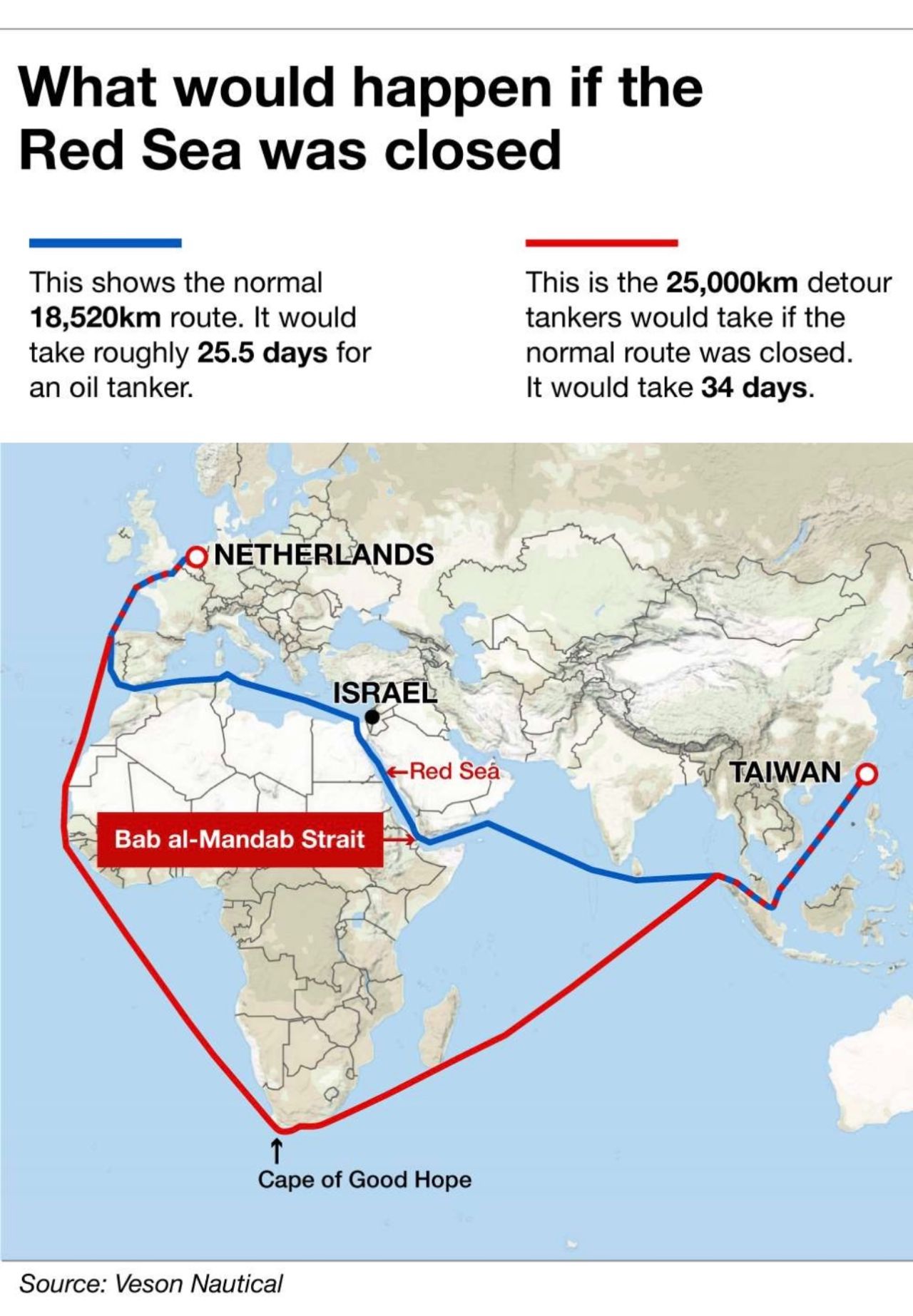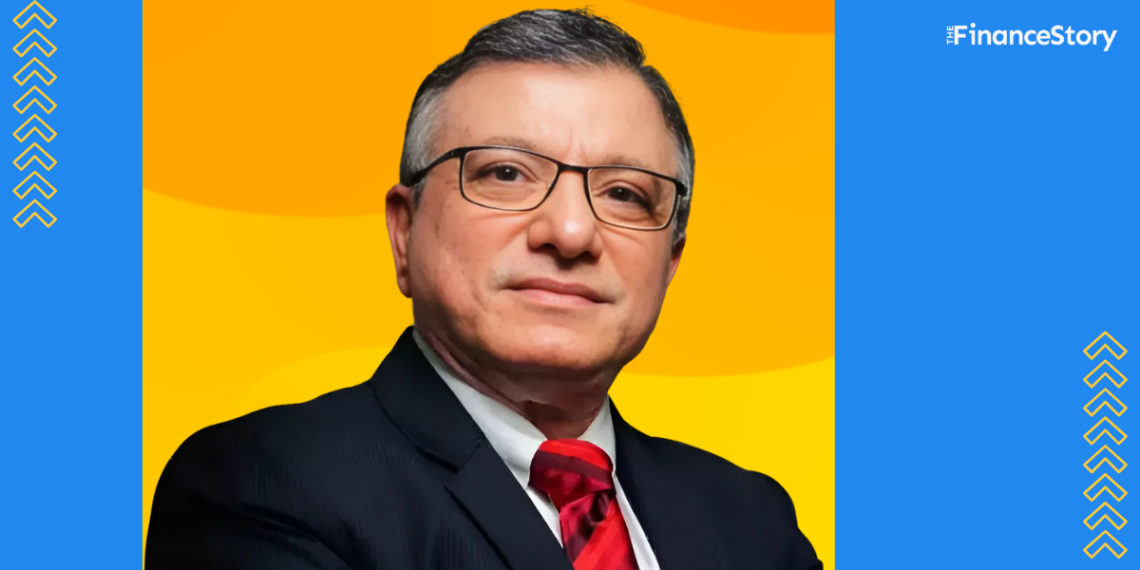- The geopolitical tensions in the Middle East have sent ripples of anxiety across boardrooms worldwide.
- The Finance Story spoke to Robin Banerjee, Chairman of Nucleon Research (former CFO of Suzlon, and Executive Director at Essar Steels), to shed light on the topic.
- With over four decades of experience, Robin breaks down the global importance of the Middle East and offers practical strategies for CFOs.
What does “geopolitical crisis” really mean?
Geopolitics is a blend of the words “geo,” which stands for geography, and “politics.”
When there are tensions or risks linked to a specific location and political issues between two countries or multiple regions, it leads to a geopolitical crisis.
When a nation tries to control resources, finances, or land, it can create geopolitical tensions with other countries or regions.
This tension can have a ripple effect on other regions of the world.
Wars are a prime example, as they usually have negative effects on global commerce.
Why is the Middle East crucial to the global and Indian economies?
The asset that makes the Middle East so significant to the world is OIL and LOCATION.
The world produces 100 million barrels of crude oil each day.
- Out of this, the USA produces 22 million barrels (16 Million barrels is crude oil)
- Saudi Arabia follows with 11 million barrels daily.
- In 2023, Russia produced around 11 million barrels of oil per day.
- Iran produces 4 million barrels per day. This means that 4% of the world’s oil is produced in a country at the center of the current Middle East conflict.
Will the disruption in their oil production affect the world? The answer may be no from a commercial view, but from an economic perspective, consider demand and supply.
If supply is impacted, demand will rise, and prices will increase.
- The Suez Canal, a critical global trade route, is located in the heart of the Middle East.
- Nearly 90% of sea cargo moving from Europe to Asia passes through the canal.
- Egypt controls the Suez Canal, and 80% of its foreign currency comes from tolls on the canal and tourism.
- This highlights how crucial this choke point is to global trade.

How can the Middle East crisis affect India?
Risk of oil prices rising
- India consumes 5 million barrels of oil daily but only produces 0.7 million barrels!
- 85% of India’s oil needs are met through imports.
- Current oil prices range between $80 and $82 per barrel, primarily Brent crude, which makes up 70-80% of global crude oil.
- A year ago, prices were around $90 per barrel.
- If oil prices rise above a certain threshold, it could lead to higher foreign exchange outflows, increasing pressure on India’s current account deficit.
Increasing freight rates
- The crisis in the Middle East and the war in Ukraine have led to higher freight rates in the short term.
- As a result, export and import costs have risen.
- The biggest risk is that 20% of India’s GDP depends on exports. Any disruption could harm the entire economy.
- This issue will not only affect India, but every country, as the global economy heavily relies on trade.
Suez Canal blockage
- The Suez Canal plays a vital role as a global trading route.
- If the Houthis in Yemen block the canal, cargo ships would need to be rerouted around South Africa, raising shipping costs by 40-50%.
- In the past, freight rates have surged by 2 to 3 times due to issues in the Suez Canal area.
- A disruption in the Suez Canal could lead to chaos in goods transportation.

How can CFOs prepare for geopolitical uncertainties?
The CFO of tomorrow is the CEO of tomorrow. They are responsible for predicting the future to steer the company through tough times.
How can that be achieved? By staying ahead of trends, leveraging technology, such as AI, and being proactive.
In today’s unpredictable world, especially with geopolitical tensions rising, risk management becomes crucial for businesses.
Here’s a breakdown of what CFOs and even CEOs need to consider:
1. Foreign exchange risk
Currency fluctuations: The rupee is at risk of weakening if global conflicts, like ongoing wars, escalate. This means that imports will become more expensive, while exports could benefit.
Hedging strategies: It’s important to hedge at least 50% of your net exposure (exports minus imports). This is a step you can take to mitigate potential losses due to currency fluctuations.
2. Insurance for your facilities: Take out appropriate insurance for your facilities, both in India and abroad. Whether it’s for terrorism, fire, flood, or other risks, ensure you’re covered.
As unpredictable events like bombings could happen, securing insurance becomes critical.
3. Negotiating freight rates: Freight companies are hesitant to offer long-term contracts due to the uncertainty in global logistics.
Even if you secure a contract, there’s no guarantee they’ll honour it in the event of escalated costs.
Act now: Make decisions today about shipments that can be advanced, as freight costs and availability are outside your control. Prioritize what you can manage and act on it.
4. Maintain a cash safety net: Always keep enough cash on hand as a backup. If things go south, you’ll still have liquidity to cover daily business expenses. It’s your financial safety cushion in uncertain times.
5. Stay informed: Dedicate at least two hours daily to reading from reputable sources – whether it’s newspapers, magazines, or books—keeps you informed and ready to respond when the CEO calls for advice.
I would suggest you subscribe to two reputable newspapers or magazines.
Have you encountered any major economic crises over the last three decades? And how did you respond to them?
Yes, multiple times.
2008: The renowned global economic crisis of 2008 was a big one to navigate.
At that time I was Executive Director at Essar Steel. (Essar Steel India Limited was later acquired by ArcelorMittal Nippon Steel India Limited.)
It was one of the largest steel manufacturing companies in the world, and after 2008 suddenly the demand dropped. Managing the company through a global economic crisis was difficult.
2020: Then the COVID-19 Pandemic arrived like an unwelcome guest. Therefore the phase between 2020 and 2022 was tough.
The good news? Financial crises usually last no more than 4 to 6 months. If you can get through it, you’ll not only survive but also thrive afterward.
The big question on everyone’s mind was, “Can the war escalate?”
My brief answer is, NO.
Given the past context, be it the Russian-Ukrainian war, what has been going on for 2 years, hasn’t escalated and it’s unlikely to escalate.
And chances are no other large Middle East countries are going to join the war.







